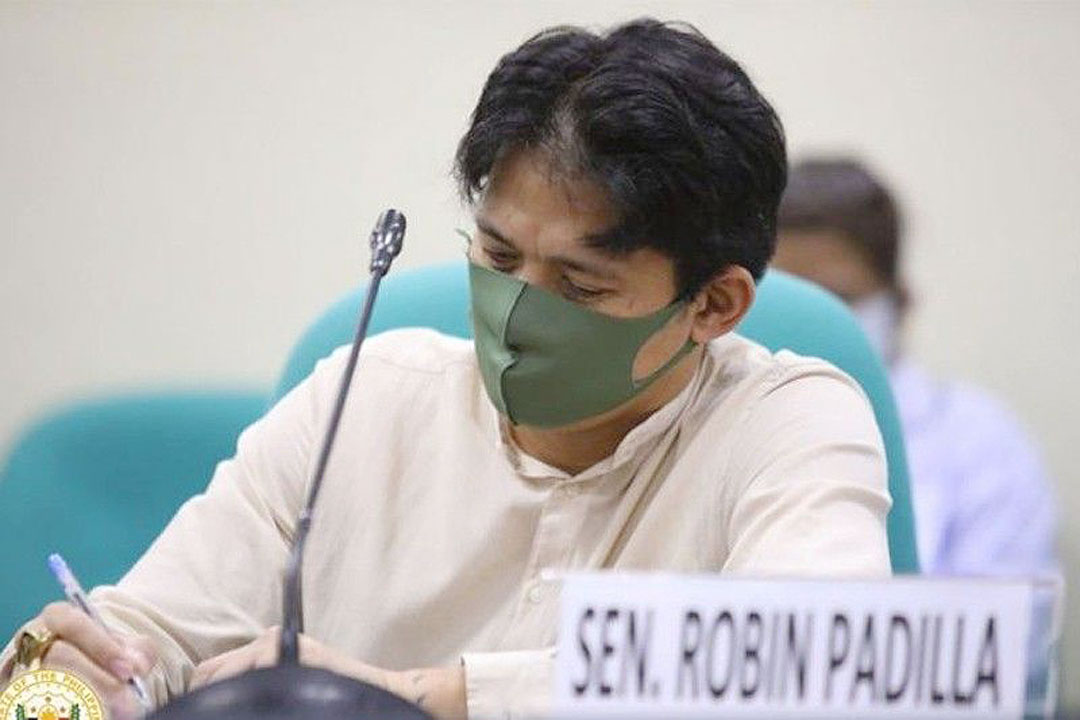
FOREIGN CHAMBERS of commerce declared their support on Thursday for amending the 1987 Constitution, to the extent of proposing the removal of all economic provisions that restrict flexibility in regulating various industries.
“Our position is quite simple. We believe, in fact, that the best position would be to delete the economic provisions, all of them, from the Constitution and (regulate industries via) laws passed by Congress,” Canadian Chamber of Commerce of the Philippines President Julian Payne, speaking for the Joint Foreign Chambers of the Philippines at a hearing of the Senate committee on constitutional amendments and revision of codes.
“If that is not possible, we support the position that is basically taken in the resolution that you should add, ‘unless otherwise provided by law’ to each and every one of the economic provisions,” he added.
He was referring to the Resolution of Both Houses No. 3, filed by Senator Robinhood Ferdinand C. Padilla, which seeks to amend economic provisions of the Constitution through a constituent assembly (con-ass).
Mr. Payne said that any restrictions will reduce the volume of foreign direct investment (FDI) entering the Philippines. “The more restrictions you have, the less FDI you will have coming.”
“Regardless of what the sector is, the world moves quickly today and one of the things we have to focus on is: how do we amend restrictions?” he said.
Amending the constitution is slow, cumbersome and difficult for any country, he added. For this reason, the Philippines must choose a more flexible alternative, whether by law or by executive authority.
“In our view, the Philippines, if it wants to encourage FDI and minimize restrictions, must choose the most flexible (path) to allow for change, to respond to changes in technology, foreign investment, investor expectations, and responses to international competition,” Mr. Payne said.
“You should choose a means where you are able to adjust very quickly, and very flexibly to rapidly changing external conditions,” he added.
Should no changes be made to the constitution, Mr. Payne noted that “legal issues” may arise.
“But if the law is amended or the provisions are deleted, then the issue would no longer exist,” he added. “Although that may also be challenged, for that you would have to consult with a lawyer.”
Mr. Padilla, who chaired the hearing, believes that easing the charter’s economic provisions was the only way to attract FDIs.
The Philippines is currently “languishing” in terms of FDI, he added, citing data from the Bangko Sentral ng Pilipinas indicating that FDI dropped 25% between 2018 and 2020.
For the Philippines to recover from the effects of the COVID pandemic, Mr. Padilla said that it would need new “drivers of growth” including opening up the economy to more FDI.




